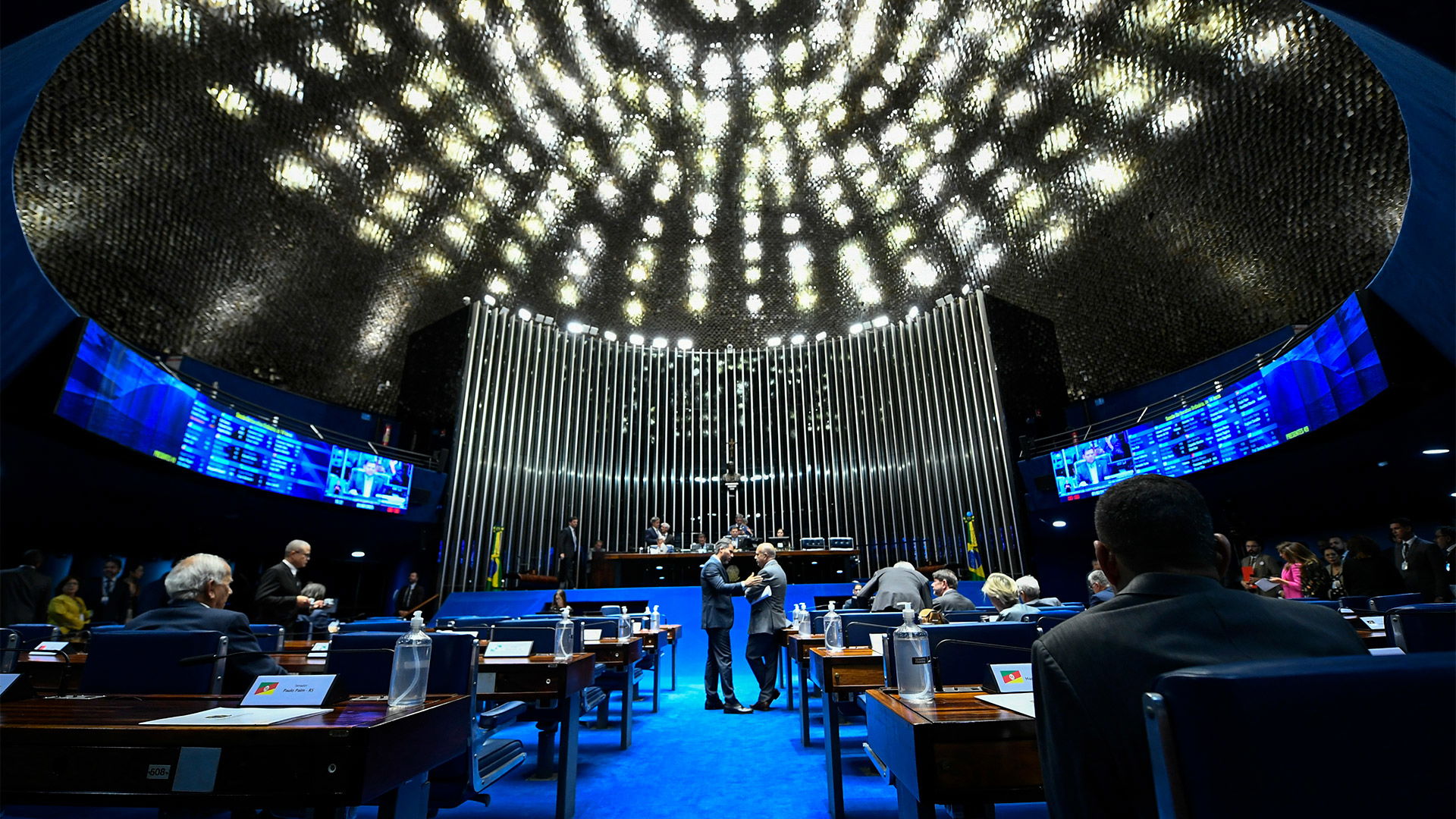Federal gambling deduction limit spurs bipartisan repeal effort

Efforts to repeal a new federal cap on gambling loss deductions are underway in Congress, with a bipartisan measure to that end gaining more backers. However, with the rule not scheduled to take effect until January 1, 2026, legislative action remains uncertain.
Despite bipartisan support for the FAIR BET Act, and the addition of two new sponsors, the measure faces delays in both the House Ways and Means Committee and the Senate, where previous repeal attempts stalled.
Bipartisan support grows in the House
Nevada Rep. Dina Titus announced this week that Reps. Darren Soto of Florida and Chris Deluzio of Pennsylvania have joined as cosponsors of the FAIR BET Act, bringing the total to nine, composed of six Democrats and three Republicans.
Nevada Rep. Dina Titus
The legislation seeks to reverse a tax code change enacted through the "One Big Beautiful Bill" (OBBB) passed by Congress earlier this month.
The FAIR BET Act, formally known as HR 4304, has been referred to the House Ways and Means Committee, which oversees taxation and fiscal legislation. A vote has not yet been scheduled.
“I’ll keep pushing this bipartisan fix through Congress,” Titus said in a post on X.
Titus represents a district that includes the south end of the Las Vegas Strip and has led efforts to repeal the new limit on gambling loss deductions.
Background on the deduction cap
The OBBB introduced a change that limits the percentage of gambling losses that can be deducted from taxable income. Previously, taxpayers could deduct 100% of gambling losses against winnings. The new rule reduces this to 90%.
For example, a gambler reporting $100,000 in both winnings and losses under the previous rule would have no taxable income from gambling. Starting in 2026, only 90% of the losses would be deductible, leaving $10,000 subject to taxation.
Although the change is expected to affect a relatively small number of taxpayers who itemize deductions, the gambling industry has expressed concern. Industry stakeholders warn that higher taxes on gambling winnings could drive professional gamblers and other players toward unregulated markets.
The Joint Committee on Taxation estimates that the revised deduction rule will generate over $1 billion in federal tax revenue over the next decade. Some opponents argue that the actual revenue could be less if gambling shifts outside regulated channels.
Senate efforts and State-level tax trends
In the Senate, a similar effort led by Nevada Sen. Catherine Cortez Masto encountered procedural setbacks. Cortez Masto sought unanimous consent to restore the 100% deduction earlier this month, but the request was not granted, stalling the proposal in the chamber.
Meanwhile, several states have enacted or proposed increases to gambling-related taxes. In the past year, Ohio, Illinois, Maryland, North Carolina, and New Jersey have advanced measures to increase sports betting tax rates, reflecting ongoing fiscal strategies at the state level.
At the federal level, analysts predict that projected gambling tax revenues from the deduction change will be overshadowed by the OBBB’s government spending cuts. Lawmakers have yet to indicate if the FAIR BET Act or similar proposals will advance before the 2026 effective date.

















